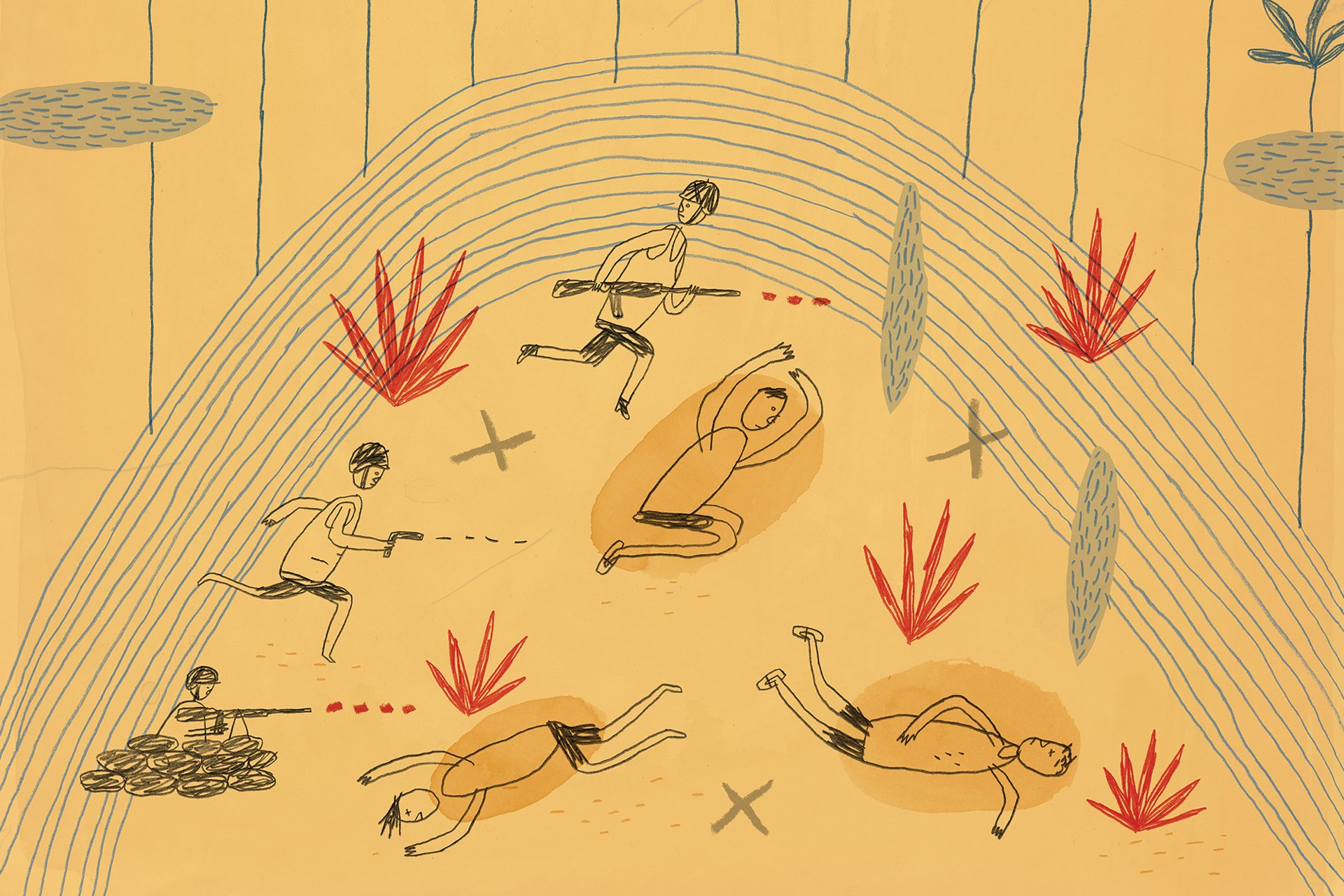Your final exam in Western Humanities, people. Please discuss quietly in your groups.
Choose one of the following two options as the basis for your essay:
1). Read closely and thoughtfully Martin Luther King’s “Letter from a Birmingham Jail.” A copy is available on the class Canvas Page in the “Martin Luther King” folder. I would like you to read the letter very carefully and think seriously about it.
You will see from King’s letter that he possessed a sophisticated understanding of many of the texts we have read this semester, and drew upon some of them quite explicitly. In your essay, I would like you to consider the following: To King, what did a just society look like? Is the achievement of such a society possible and, if so, what are the necessary steps to achieve it? What obstacles must one who seeks a more just society overcome? And, finally, place King’s letter in the context of those important works in the western tradition that you have read this semester. In what ways do the books you read this semester complicate and elaborate upon what King said in this beautifully written letter? (Think about it this way: King asked questions, and offered solutions, for problems that smart thinkers have confronted for thousands of years. What does he say, and what did the others say, about these problems and how to solve them?) You should discuss directly at least four of the texts you have read this semester.
OR
2). Read Roger Rosenblatt’s essay, “The World is a Thriving Slaughterhouse,” which appeared in the Atlantic Monthly in September of 2016:
http://www.theatlantic.com/magazine/archive/2016/10/the-world-is-a-thriving-slaughterhouse/497507/

A war reporter with wide experience, Rosenblatt reflects in this essay upon his long career in many war zones. At the end, he talks with a boy named Khu who has experienced the horrors of war. They look at the dazzling lights in Hong Kong Harbor. Khu said that the lights were beautiful. “What else is beautiful?” Rosenblatt asked. The essay ends with Khu’s answer. “He says everything is beautiful.”
What did Khu mean? We have discussed in this course, among a host of other topics, human nature and the origins of evil. In what ways does Rosenblatt’s essay shed light on at least four of the texts you have read this semester?
Now, some things to consider, whichever essay you write: The structure of this assignment will give you, I hope, the freedom to contemplate some of the questions we have wrestled with this semester. Feel free to structure the essay as you see fit. There are a number of different ways to construct your answer, but the best essays will share certain qualities. They will be well-written and free from grammatical and spelling errors. They will be tightly organized and show that you have given this essay the thought its topic deserves. They will show that you have read closely and understand not only King’s letter, or Rosenblatt’s essay, but the books we have discussed as a class over the past few months. To make this work, you will need to read closely, organize carefully, and write persuasively. Time spent proofreading is not time wasted.
As always, if you need help, do not hesitate to seek it out.
